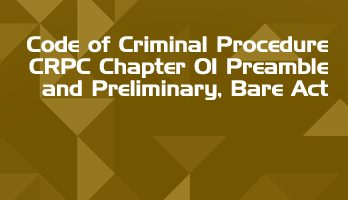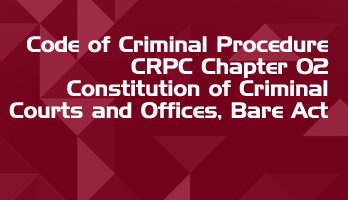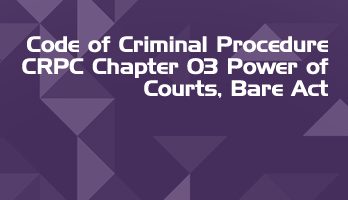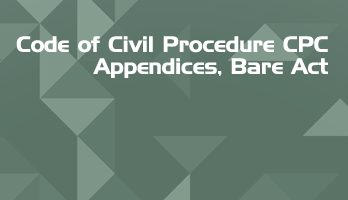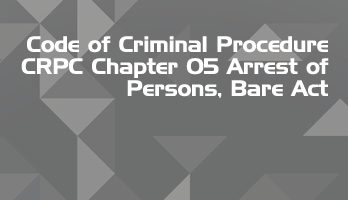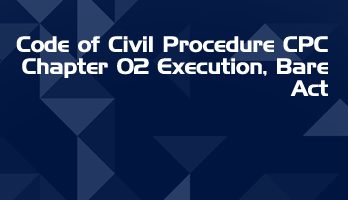A 'Bare act' is the actual legislation passed by the Parliament of India. Generally, an act sets out the high level legal and policy principles applicable to the subject matter of the law.
Most acts are accompanied by 'subsidiary legislation' such as rules, regulations, notifications and orders; which address the actual implementation detail of the act.
Free Full Course Available on LawMint's YouTube Channel
How to Land Your Dream LLB Internship in a Top Law Firm
- Part 1 - Introduction
- Part 2 - Internship Planning
- Part 3 - Internship Research
- Part 4 - Building Your Profile
- Part 5 - The Email
- Part 6 - The Resume
- Part 7 - The Cover Letter
- Part 8 - The Interview
- Part 9 - Self Development
Practical and comprehensive course, with real examples and step-by-step analysis of the complete internship application process. Check out LawMint's YouTube channel now!
The Indian Evidence Act, 1872
Chapter 8 – Estoppel
Section 115 – Estoppel
When one person has, by his declaration, act or omission, intentionally caused or permitted another person to believe a thing to be true and to act upon such belief, neither he nor his representative shall be allowed, in any suit or proceeding between himself and such person or his representative, to deny the truth of that thing.
Illustrations A intentionally and falsely leads B to believe that certain land belongs to A, and thereby induces B to buy and pay for it. The land afterwards becomes the property of A, and A seeks to set aside the sale on the ground that, at the time of the sale, he had no title. He must not be allowed to prove his want of title.
Section 116 – Estoppel of tenant; and of licensee of person in possession
No tenant of immovable property, or person claiming through such tenant, shall, during the continuance of the tenancy, be permitted to deny that the landlord of such tenant had, at the beginning of the tenancy, a title to such immovable property; and no person who came upon any immovable property by the license of the person in possession thereof, shall be permitted to deny that such person had a title to such possession at the time when such license was given.
Section 117 – Estoppel of acceptor of bill of exchange, bailee or licensee
No acceptor of a bill of exchange shall be permitted to deny that the drawer had authority to draw such bill or to endorse it; nor shall any bailee or licensee be permitted to deny that his bailor or licensor had, at the time when the bailment or licence commenced, authority to make such bailment or grant such licence.
Explanations
- The acceptor of a bill of exchange may deny that the bill was really drawn by the person by whom it purports to have been drawn.
- If a bailee delivers the goods bailed to a person other than the bailor, the may prove that such person had a right to them as against the bailor.
Important Central Acts in Regional Languages
Legislative department website also features regional language versions of several important Central Acts.
Free Full Course Available on LawMint's YouTube Channel
How to Land Your Dream LLB Internship in a Top Law Firm
- Part 1 - Introduction
- Part 2 - Internship Planning
- Part 3 - Internship Research
- Part 4 - Building Your Profile
- Part 5 - The Email
- Part 6 - The Resume
- Part 7 - The Cover Letter
- Part 8 - The Interview
- Part 9 - Self Development
Practical and comprehensive course, with real examples and step-by-step analysis of the complete internship application process. Check out LawMint's YouTube channel now!







